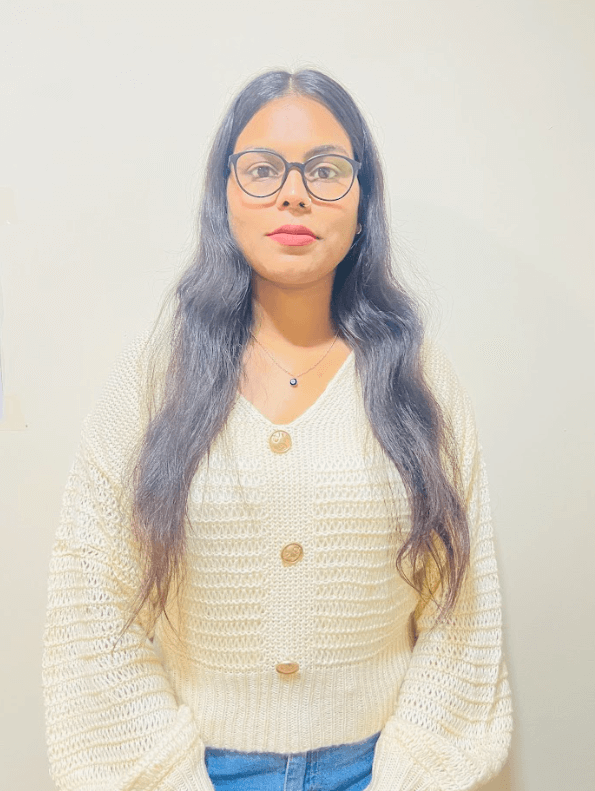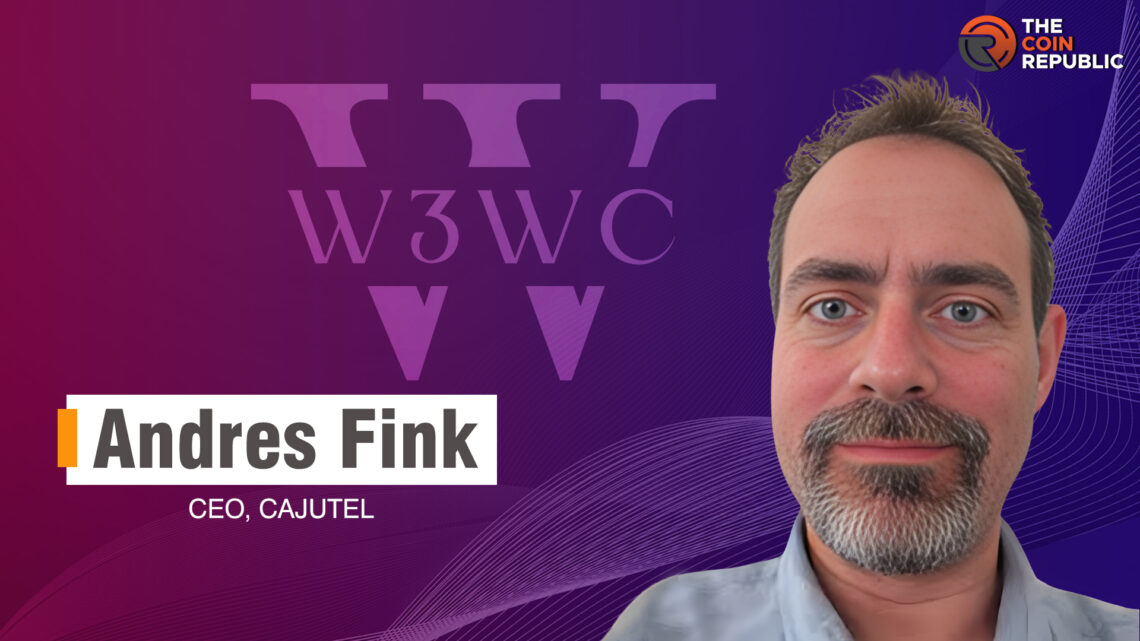Andreas Fink, who is deeply involved in telecommunications in Iceland, Guinea-Bissau, Guinea, and Switzerland, is the CEO of Datacell and Cajutel. He has been in the telecom industry for 25 years, serving multiple regions with mobile internet GSM to 4G. Andreas launched Cajutel to digitally revolutionize West Africa with reliable, high-speed, and affordable internet.
Andreas Carrier Timeline
Andreas attended ETH Zürich from 1985 to 1987, where he studied Electrotechnics but did not obtain any degree. Andreas started his career in 2007 as the CEO at iCell ehf and later took on the CEO role at Montelcom in 2012. In 2010, he founded DataCell ehf, which provides green data center services. In the same year, Andreas became the CEO of Backbone ehf, an international internet transit and capacity provider.
In 2014, he took over as CEO at Cajutel Sarl and Cajutel Inc. in 2015, focusing on telecom services. From 2001 to 2015, Andreas worked with SMSRelay AG, specializing in SMS services and infrastructure. He is also the Director of the signaling department at AMD Telecom S.A. since 2017. Along with leadership roles, Andreas has worked as a telecommunications specialist, a software developer, and a CTO during their career.

Andreas’ Biggest Project Yet
Cajutel aims to provide internet access to people in Western Africa, where the internet penetration rate is only 10%. Andreas talked about the project, stating that unlike Europe, where one can use a credit card daily, Western Africa still needs blockchain due to a lack of internet.
Cajutel is trying to solve this by launching an ICO and introducing the internet and payments through cryptocurrencies, changing the shape of these countries.
Andreas is currently focused on providing internet access to the people of Africa through Cajutel, which requires significant funding. The project has a native token known as CAJ. It is often called tokenized evolution in West Africa. Andreas stated that only 10% of the people in Africa have access to the internet.
Andreas’ Struggles
Andreas finds challenges enjoyable and desires to create long-lasting solutions that benefit people. In 2014, he initiated the Cajutel project to address issues he observed in the country. Despite struggling to secure traditional investors, he leveraged cryptocurrency to expand investment opportunities and minimize risk. He believes that going public with a coin was the right choice.
Cajutel’s Unique Selling Point
Cajutel’s unique selling point (USP) is that, unlike Europe’s telemarketing industry, which is known for its cut-throat competition, Western Africa has only mobile operators as competitors. Additionally, Cajutel is collaborating with the government on a large-scale project to provide internet access to over 1000 schools. Andreas also discusses how non-profit organizations (NPOs) will assist with the educational programs offered in these schools.
According to the CEO, Cajutel’s strategy is to create something that is not dependent on other companies. This is particularly challenging in Africa, as significant multinationals may cut off competitors. To achieve independence, one has to build one’s infrastructure, which is more expensive but has long-term benefits.

Amanda Shinoy is one of the few women in the space invested knee-deep in crypto. An advocate for increasing the presence of women in crypto, she is known for her accurate technical analysis and price prediction of cryptocurrencies. Readers are often waiting for her opinion about the next rally. She is a finance expert with an MBA in finance. Quitting a corporate job at a leading financial institution, she now engages herself full-time into financial education for the general public.


 Home
Home News
News






